There are many different approaches to addiction recovery. Some facilities take holistic and even homeopathic approaches, while others focus more on using evidence-based practices. In actuality, the most successful treatment plans are those that implement both holistic and evidence-based practices. Evidence-based treatment (EBT) simply refers to treatment that has been proven effective by scientific evidence. That means treatments and therapies that have been extensively researched and found to work well. By implementing EBT, mental health professionals can feel confident in their ability to provide clients with safe and effective approaches to treatment.
The focus of The Ohana Addiction Treatment Center is to help individuals attain long-term recovery through our holistic approach to treatment and evidence-based practices. You will be exposed to adventure-filled and trauma-informed treatment during your time here, which will help you on your recovery adventure. Addiction impacts the lives of millions each year. We encourage you to seek treatment today. Contact The Ohana to see if we are a good fit for you or a loved one.
What Does Evidence-Based Treatment Look Like?
Our goal at The Ohana is to use treatment methods backed by science. We do this through a variety of evidence-based modalities. Of course, these modalities are most successful when utilized in an individualized treatment plan. Upon arriving at our outpatient center, we will complete an in-person intake and initial screening. During treatment, you will work with clinical staff to co-create a treatment plan that includes holistic and evidence-based practices. Your treatment plan should address your needs.
Once completing an assessment and creating a treatment plan, the real work can begin. No one’s treatment plan will look exactly the same. There are, however, certain overlapping modalities you can expect to see during your time here. Those include:
-
Cognitive-behavioral therapy (CBT): helps interrupt thinking patterns and helps clients change their behavior
-
Dialectical behavior therapy (DBT): helps clients regulate their emotions, tolerate distressful situations, and improve relationships
-
Psychodynamic therapy: allows clients to understand how they came to be who they are and identify areas of themselves they need to work through
-
Group therapy: led by a trained psychotherapist, helps clients connect; through group therapy, adventure therapy, and other recreational activities, we emphasize the importance of connection at The Ohana
Certain modalities will be more effective than others, depending on your preferences and personality. Open-mindedness is essential. For treatment to be effective, your mind, body, and spirit must be open to it. We can implement all the evidence-based modalities we want, but they’re only effective when your heart is in it.
Benefits of Evidence-Based Treatment
The focus of implementing EBT is to encourage safe and effective treatments instead of potentially harmful treatments. It also allows for more informed decision-making. Mental health professionals now have decades of research at their disposal, which they can use to determine a client’s most effective path to treatment. According to the authors of “Evidence-Based Psychotherapy: Advantages and Challenges,” Sara C, Cook, Ann C. Schwartz, and Nadine J. Kaslow, evidence-based psychotherapies (EBP) are effective for many psychiatric conditions. EDP can “Complement clinical expertise” and “Promotes the development of guidelines, databases, and other clinical tools that can help clinicians make critical treatment decisions.” In a way, evidence-based practices are mutually beneficial. In addition to clients receiving the most researched and up-to-date treatment, professionals also stay up-to-date in their education and practices.
The effectiveness of EBT is also dependent on which modality is used. While we have listed some of the evidence-based modalities you can expect to see at The Ohana, there are several other evidence-based practices for substance use disorders (SUD). These treatments are effective in “Reducing substance use, in alleviating associated psychiatric, legal, job, family/social, and medical problems.” There are pharmacological therapies, behavioral and psychological therapies, brief strategic family therapy, and motivational interviewing, just to name a few. The list of evidence-based modalities that can effectively treat SUD goes on and on. The effectiveness level depends on your needs and willingness to participate in these treatments.
Seeking Treatment at The Ohana
The first step to attaining a life of recovery is seeking treatment for yourself. As mentioned, evidence-based treatment is not the only thing you’ll experience during your time with us. Our holistic approach to treatment helps connect mind-body-spirit through different practices. That includes mindfulness-based practices like meditation, yoga, and art therapy. Combined with our evidence-based practices, our approach teaches clients holistic ways to maintain their long-term recovery.
If you or someone you love struggles with addiction, know that treatment and recovery are possible. Feel empowered to start your recovery adventure today. Call The Ohana Addiction Treatment Center to find out if our program is the right fit for you today.








